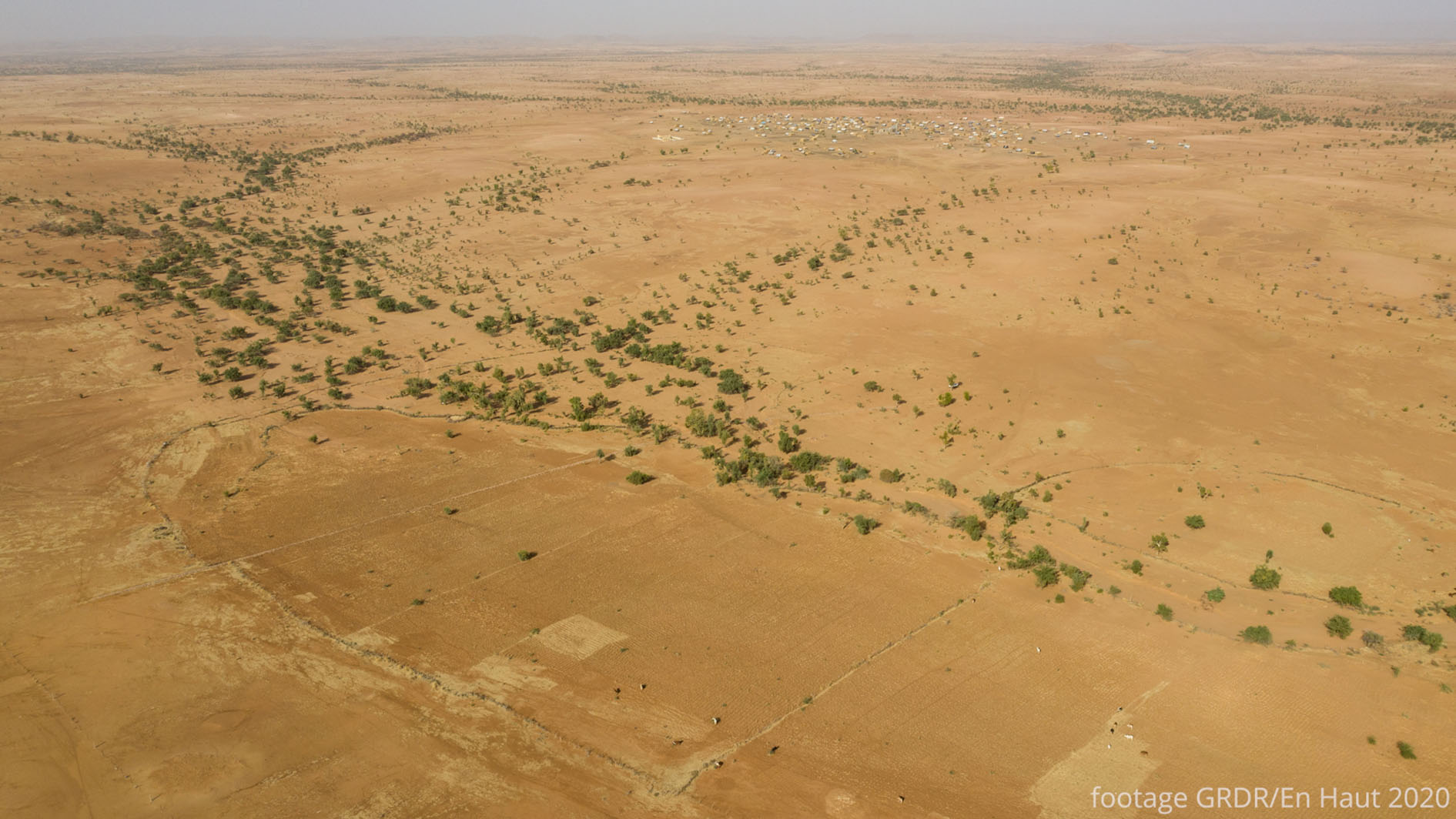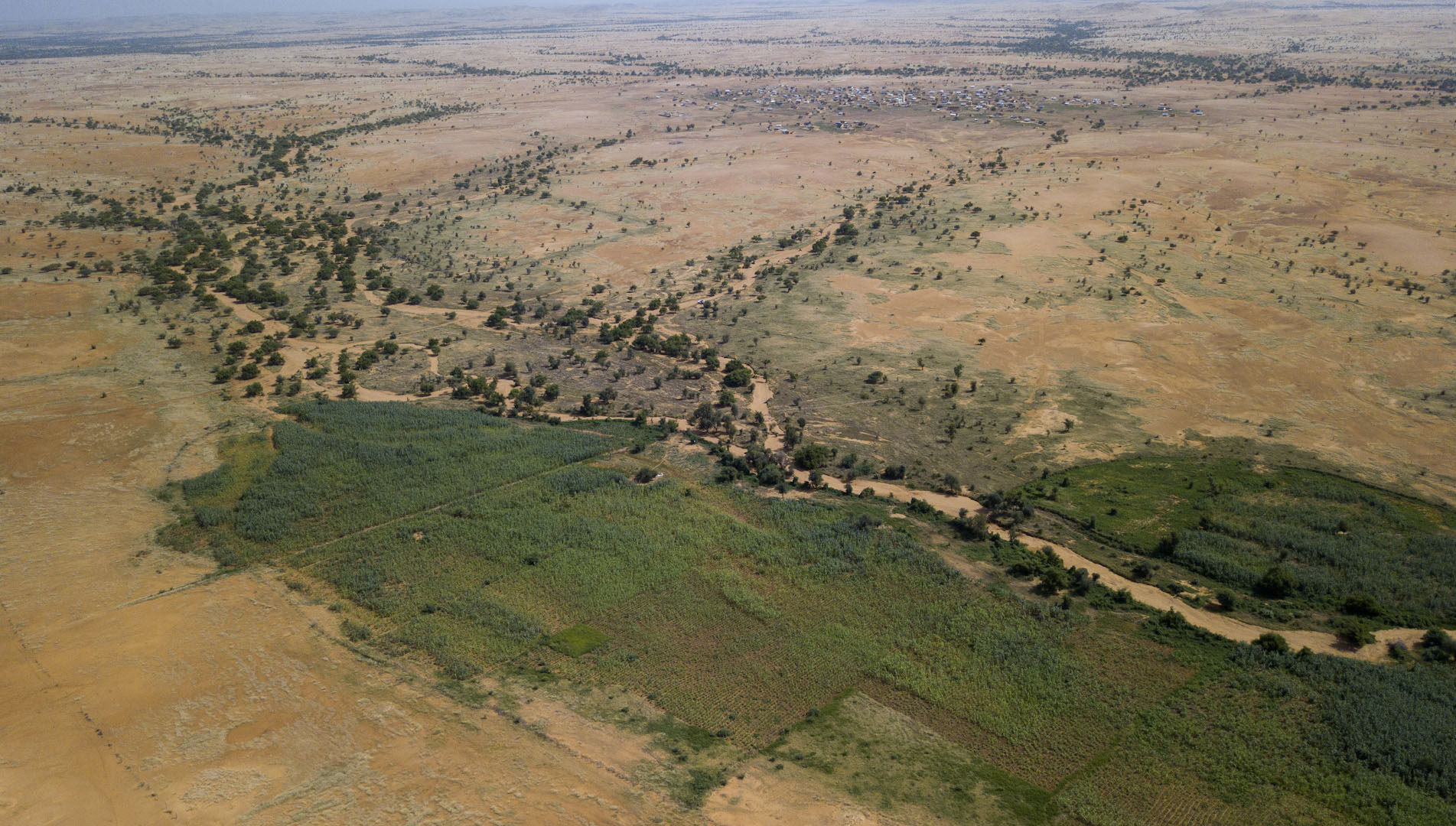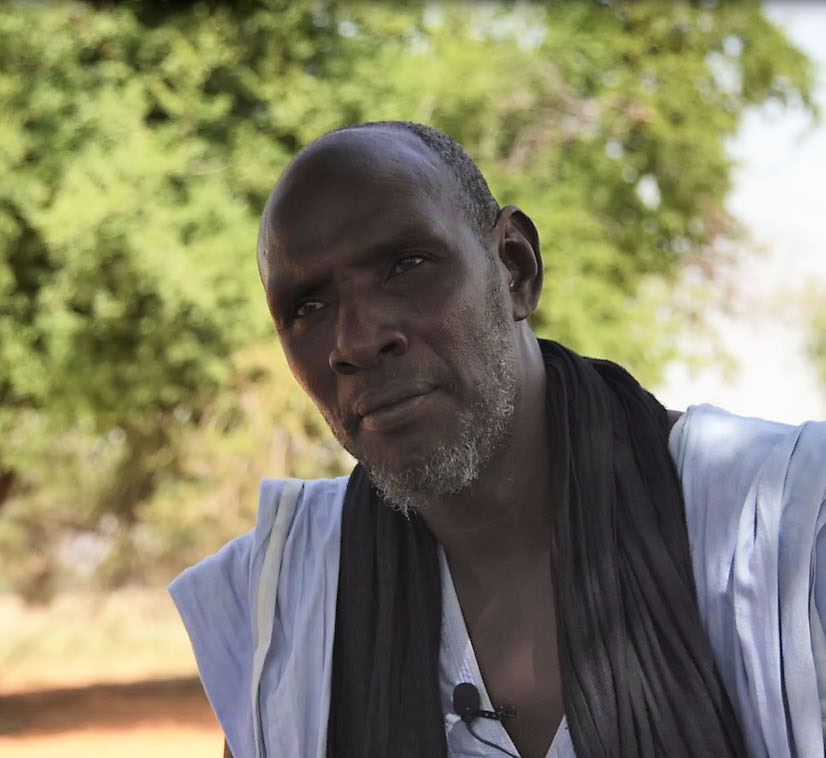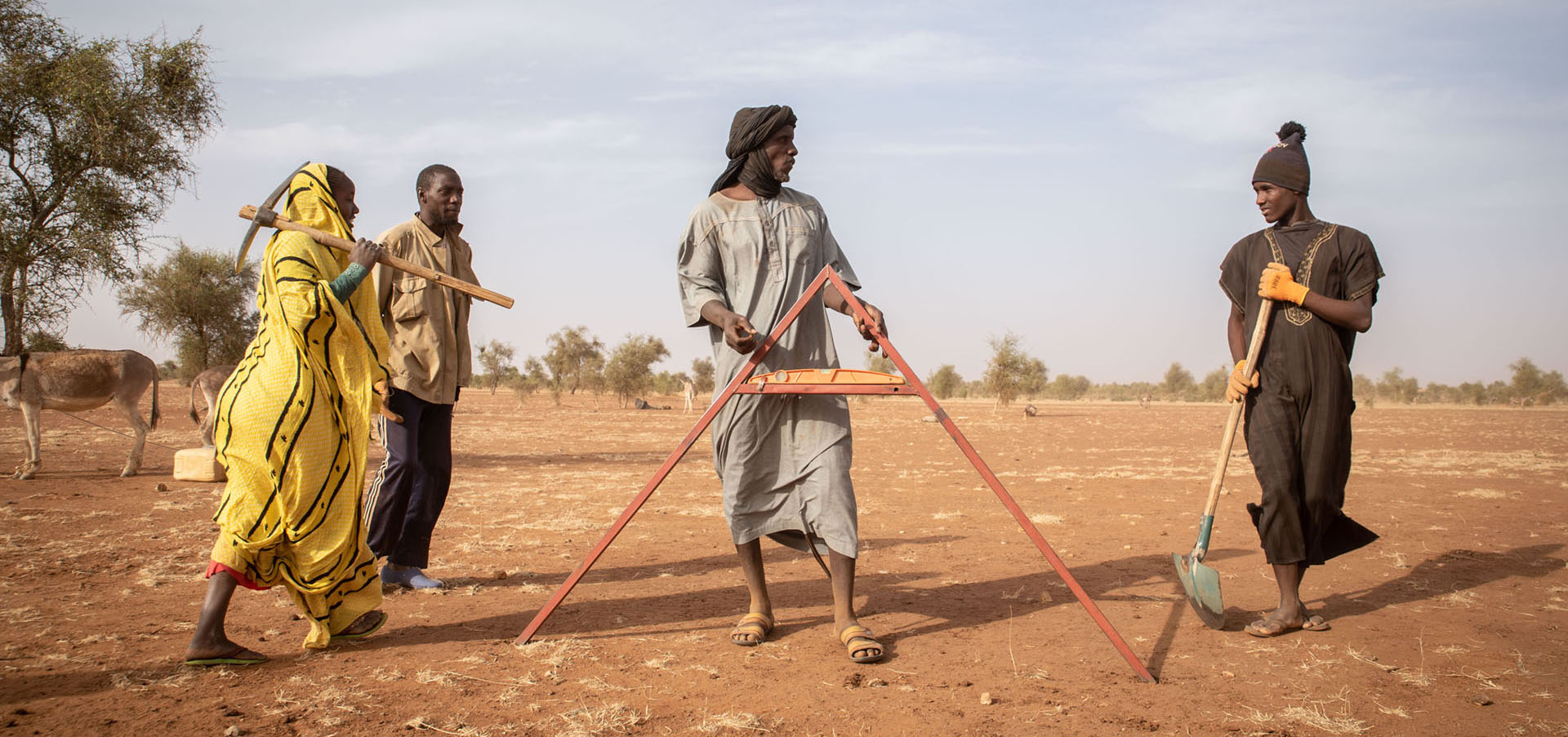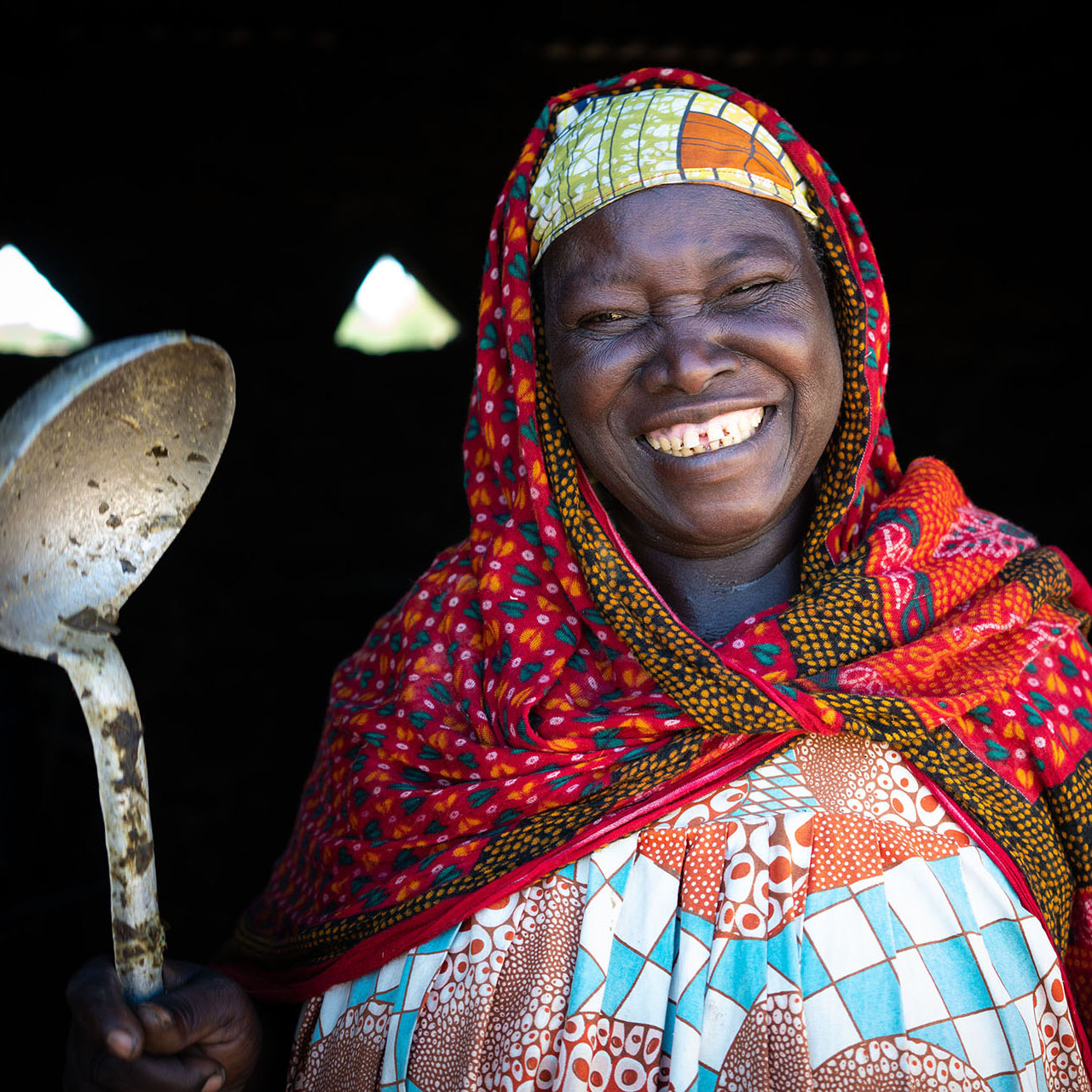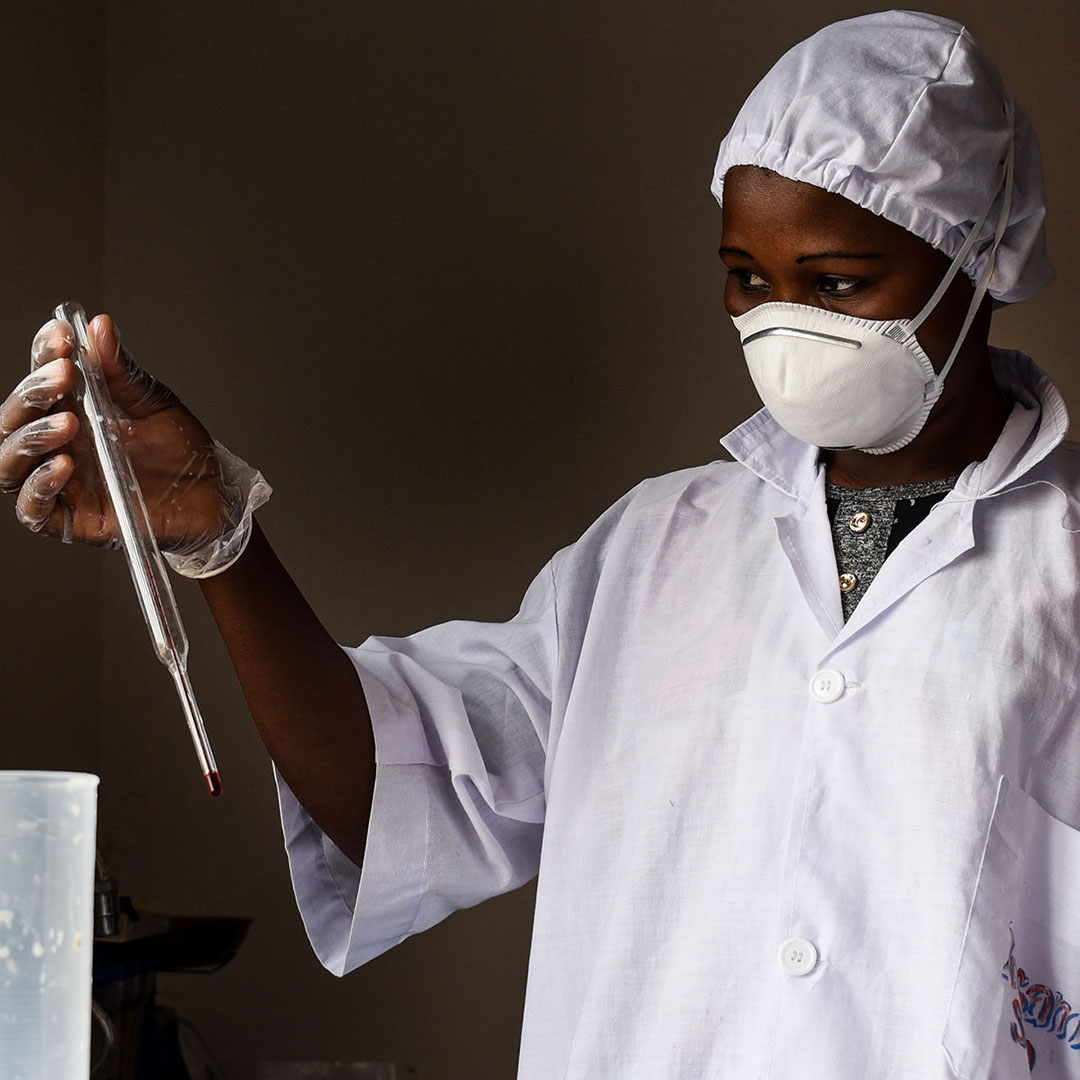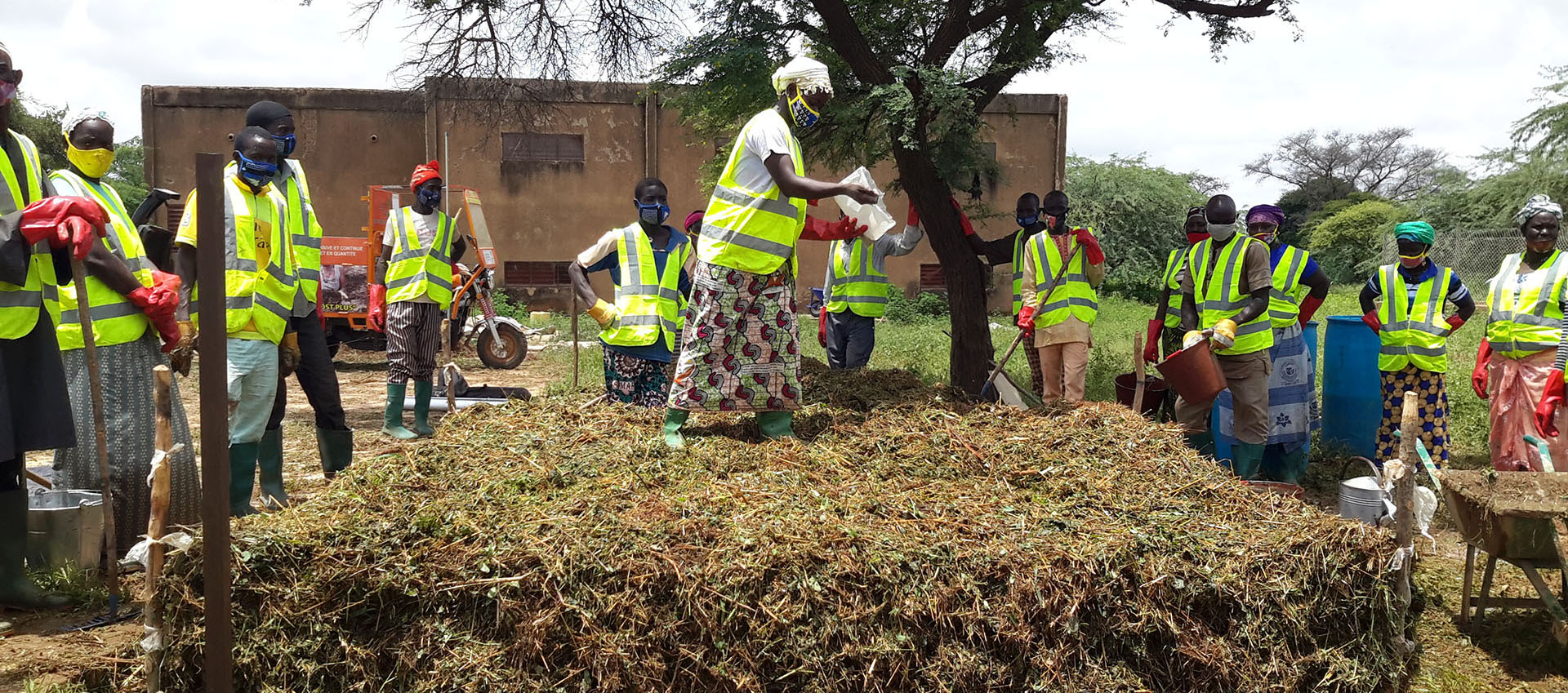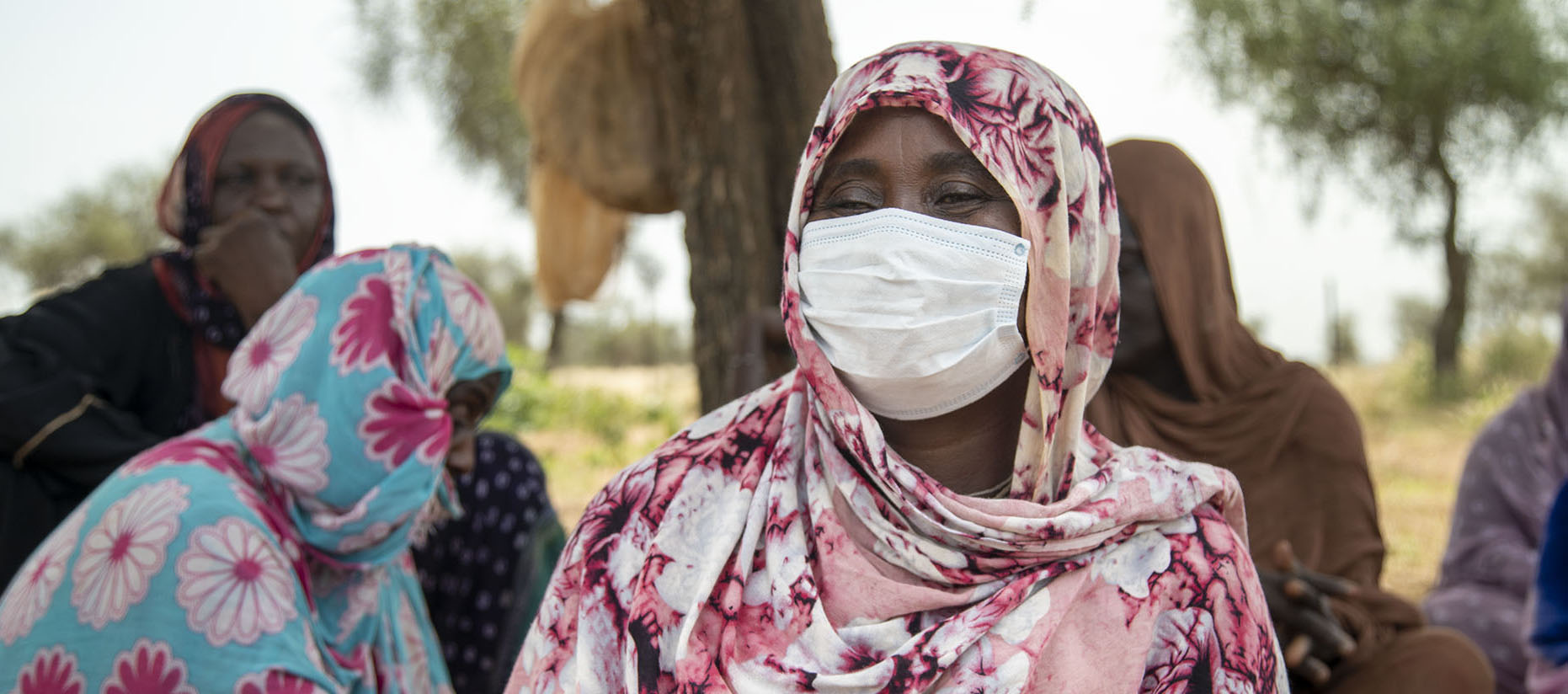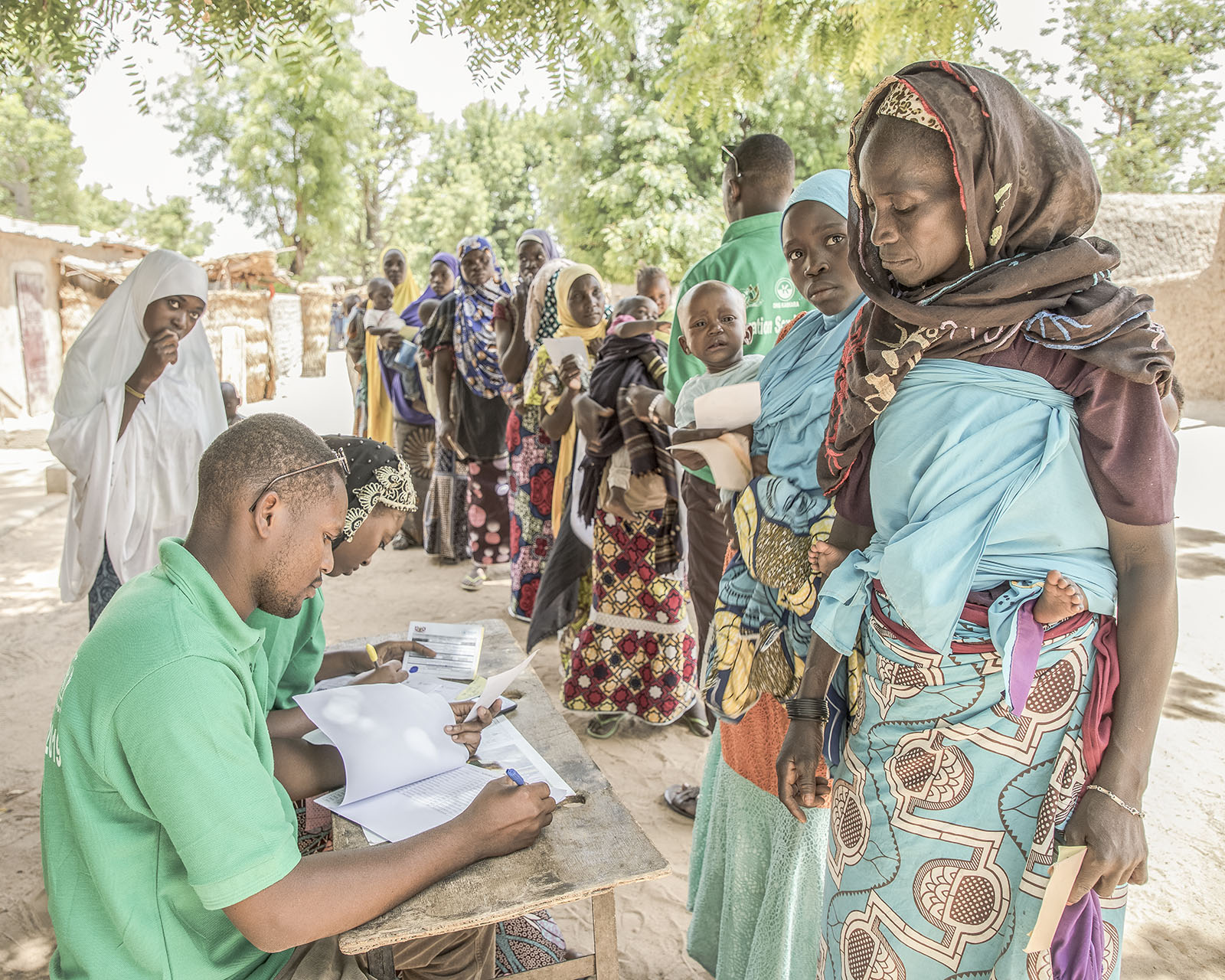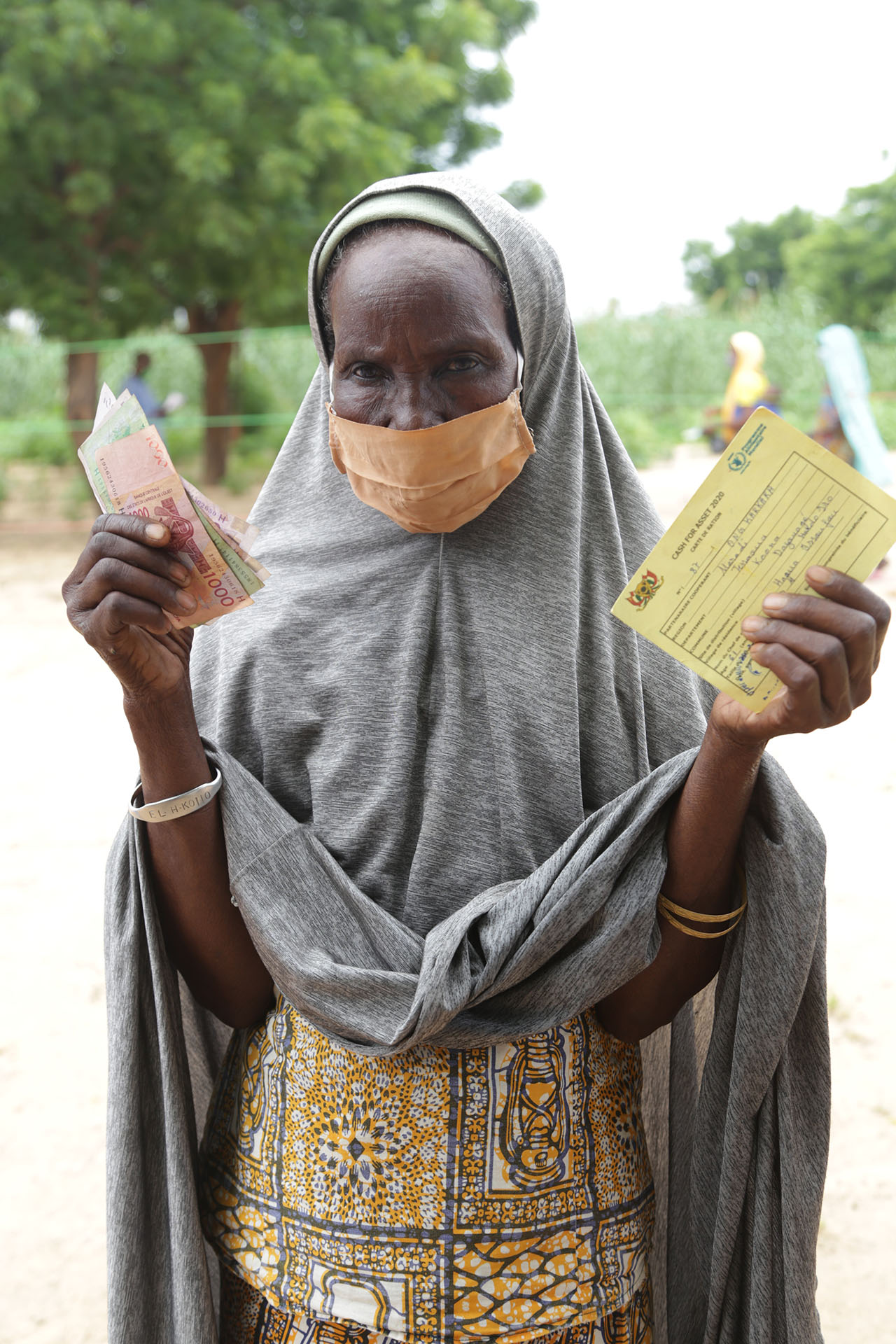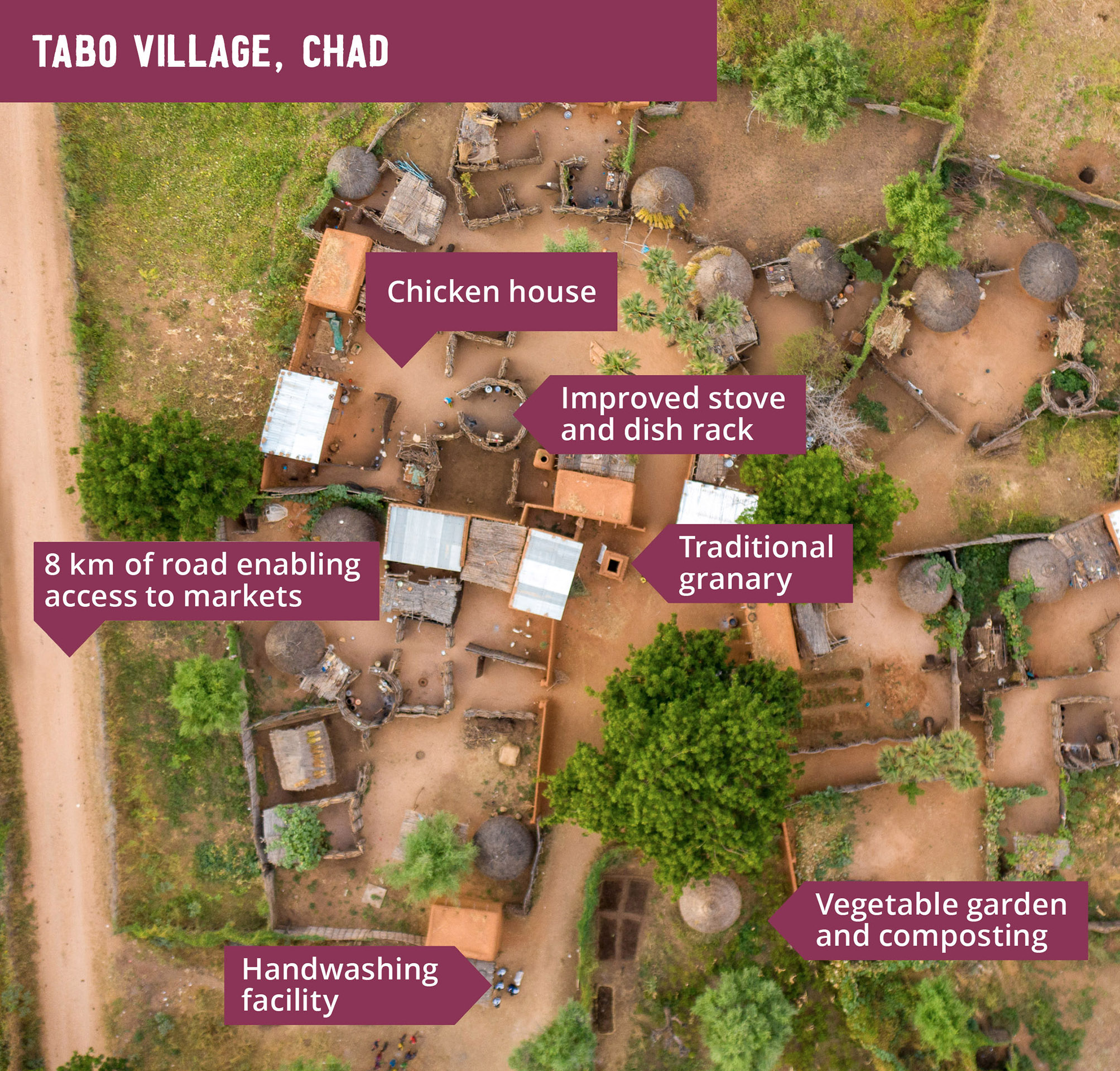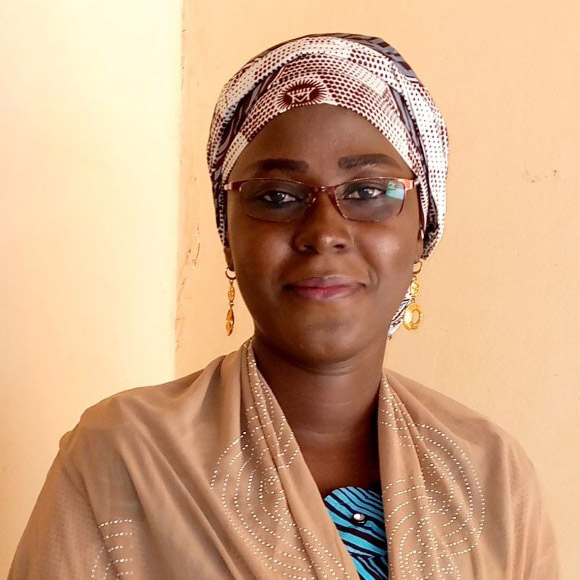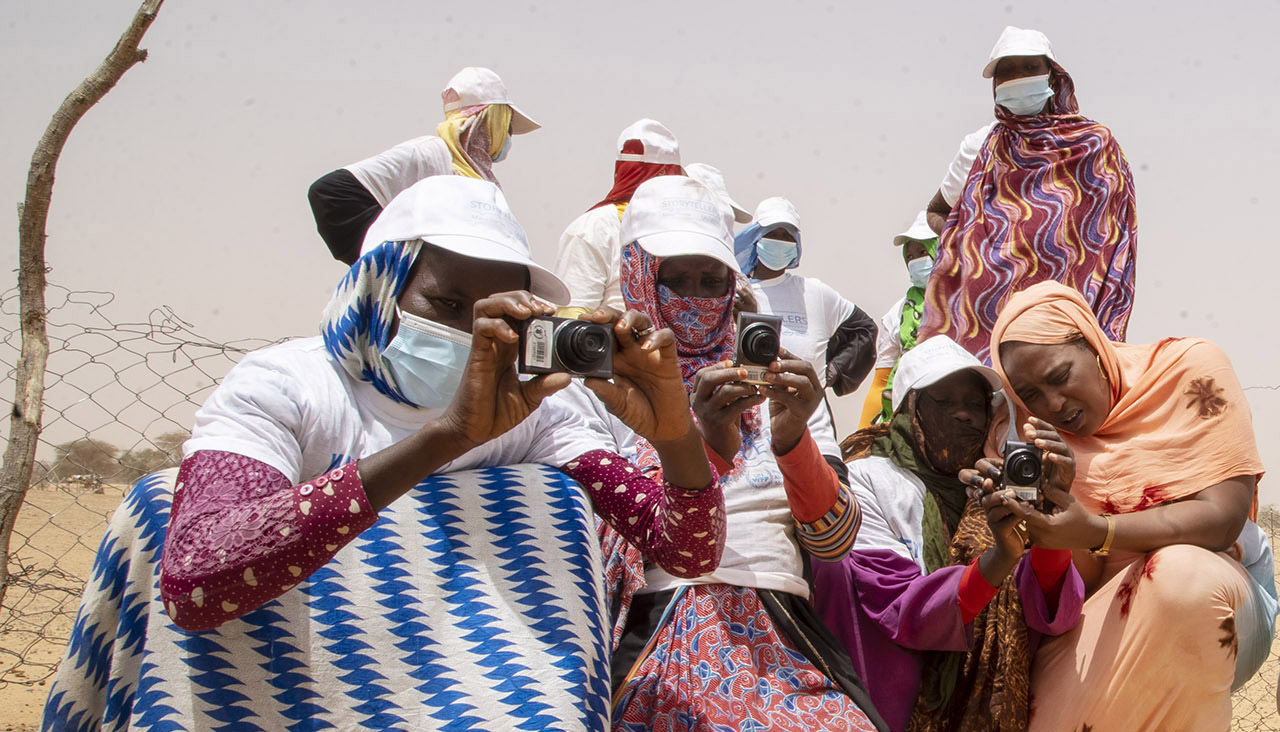WFP is not working alone. Covering the various dimensions of resilience and reaching scale goes beyond the capacity of a single intervention or organization. That is why coalition building is a key element of the programme, i.e. leveraging linkages and complementarities with partners based on operational footprint, expertise and capacities to assist the same targeted communities.
Governments are in the driver’s seat to own and lead the WFP integrated resilience programme. Hence, the resilience approach engages government ministries and technical units at all levels in planning, implementation, and monitoring. At a regional level, WFP actively engages with regional institutions (e.g. G5 Sahel Executive Secretary and the Permanent Interstate Committee for Drought Control in the Sahel CILSS) to improve food and nutrition security analysis and to support coalitions building to operationalize resilience at scale.
Seeking operational complementarities and leveraging synergies, the programme is working in partnership with UN agencies, NGOs, technical and financial partners. Particularly noteworthy is the partnership between WFP, FAO and IFAD who joined forces to support the G5 Sahel Investment Plan’s Resilience pillar under the coordination of the Executive Secretariat. Further, feeding into the WFP-UNICEF Enhanced Partnership, both organizations have kickstarted complementary programming for resilience building in Mali, Mauritania and Niger. While WFP is collaborating with GIZ across the region, particularly noteworthy are the latest developments in Niger where GIZ and WFP will target the same communities with complementary resilience activities in the areas of social cohesion, income generation, and disaster risk management.
Since 2017, WFP has been actively promoting its partnership with local Universities in the Sahel and the integrated resilience programme has been instrumental in formally setting up the Sahel University Network for Resilience (REUNIR). This partnership provides a unique opportunity for research and knowledge-sharing on resilience building across the region, advance the institutionalization of resilience tools, and help build the future generation of resilience experts.
WFP is working with 90 implementing/cooperating partners
Agreements with 10 universities to strengthen technical capacities
Research for 145 master theses conducted on WFP resilience sites
WFP and UNICEF together target 3.5 million vulnerable people
Testimonies from the field:
